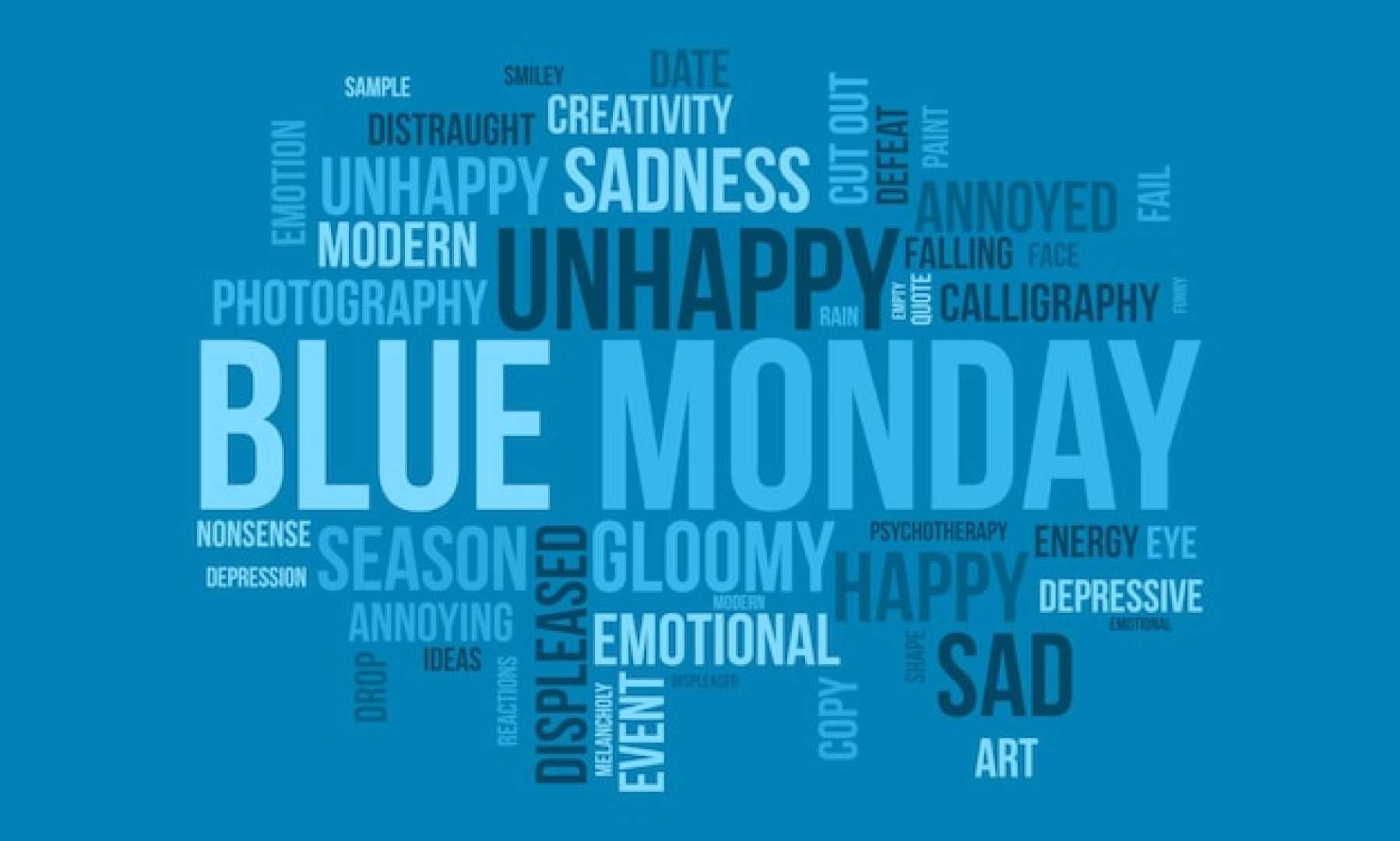Health
Is ‘Blue Monday’ Really the Saddest Day of the Year?

LOUISVILLE, Ky. — January 20, 2025, has been dubbed “Blue Monday,” a day often referred to as the saddest of the year. The term, first coined in 2005 by U.K. travel company Sky Travel, was part of a marketing campaign claiming the third Monday of January is when happiness levels hit their lowest point. But is there any scientific basis for this claim?
According to experts, the concept of Blue Monday is more marketing gimmick than scientific fact. Sky Travel, which shut down in 2010, developed a so-called “depression formula” that factored in variables like weather, debt, and time since Christmas. However, the formula lacks credible scientific backing. “It’s unclear how they arrived at this conclusion,” said Dr. Bruce Y. Lee, a health and wellness expert. “The primary motivation seems to have been marketing rather than advancing science.”
Despite its dubious origins, the idea of Blue Monday has persisted, and some mental health professionals acknowledge that January can be a challenging month for many. The combination of post-holiday blues, cold weather, and dwindling New Year’s resolutions can take a toll on mental health. “The lack of sunlight and financial stress from the holidays can contribute to feelings of depression,” said Ellen Buddeke, a behavioral medicine specialist at Norton Healthcare.
Seasonal affective disorder (SAD), a type of depression linked to seasonal changes, affects about 5% of U.S. adults, with symptoms typically peaking during winter months. While not everyone experiences SAD, many people report feeling the “winter blues” during this time. “It’s important to be aware of your feelings and lean on your support systems,” Buddeke advised. “Knowing who your support people are and being open about how you’re feeling can make a big difference.”
Mental health experts emphasize that emotional well-being is complex and cannot be reduced to a single day. “Expecting a particular day to be universally bad sets up unrealistic expectations,” Dr. Lee noted. “Pessimism about a day can become a self-fulfilling prophecy, leading to missed opportunities and heightened feelings of depression.”
Instead of focusing on Blue Monday, experts recommend practicing self-care throughout January. Activities like journaling, exercising, or spending time with loved ones can help combat seasonal mood changes. “Life is inherently uncertain,” Dr. Lee added. “Just because things are tough now doesn’t mean they will stay that way.”
If symptoms of depression persist for more than a few weeks, or if loved ones notice significant changes in behavior, seeking professional help is crucial. “Mental health is not one-size-fits-all,” Buddeke said. “What works for one person might not work for another, so it’s important to find what helps you.”
While Blue Monday may not be scientifically valid, it serves as a reminder to prioritize mental health during the winter months. Whether it’s through self-care, support systems, or professional help, taking steps to address emotional well-being can make a difference—no matter what day it is.












